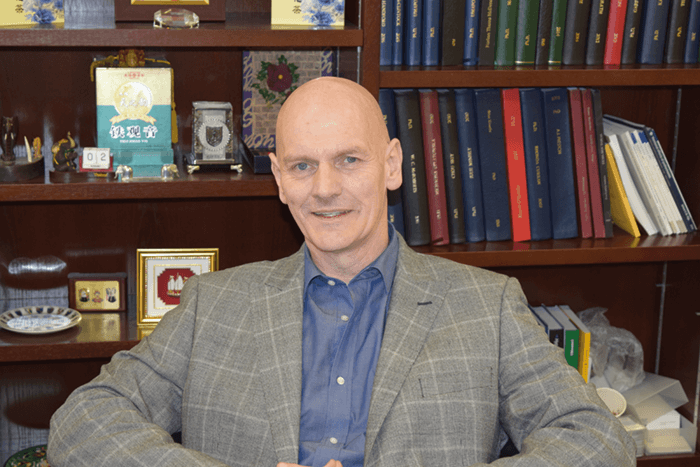
Good in a Food Fight
Sitting Down With… Chris Elliott, Faculty Pro-Vice Chancellor and Founder of the Institute for Global Food Security, Queen’s University Belfast, Northern Ireland.

False
Sitting Down With… Chris Elliott, Faculty Pro-Vice Chancellor and Founder of the Institute for Global Food Security, Queen’s University Belfast, Northern Ireland.

Receive the latest analytical science news, personalities, education, and career development – weekly to your inbox.

Faculty Pro-Vice Chancellor and Founder of the Institute for Global Food Security, Queen’s University Belfast, Northern Ireland.
False
False

December 6, 2024
4 min read
Bruker’s multiphoton microscopy module, OptoVolt, ranks third in our Innovation Awards. Here, Jimmy Fong, product development lead, walks us through the major moments during development.

December 4, 2024
1 min read
Researchers develop more stable catalysts for dry reforming of methane – a promising method for carbon capture and utilization (CCU)

December 10, 2024
2 min read
And the technology ranked first in our 2024 Innovation Awards is…

December 11, 2024
10 min read
Meet the products – and the experts – defining analytical innovation in 2024
False